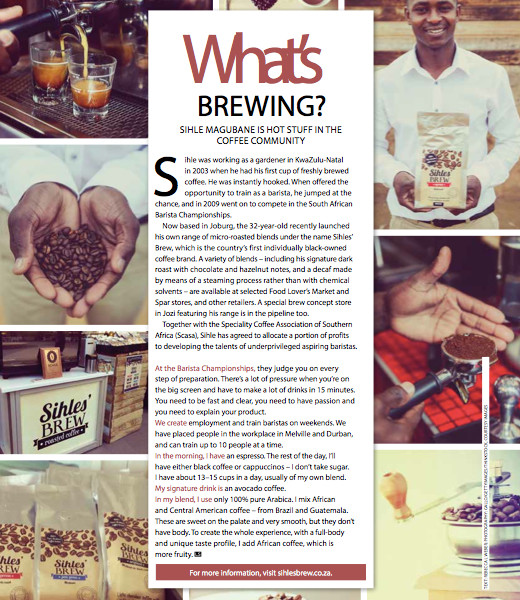

The 2008 National Coffee Drinking Trends Study found that in 2007, past-day consumption of coffee surpassed that of soft drinks for the first time, and daily consumption of coffee is still higher. According to the National Coffee Association of USA, Inc, this country’s coffee consumption continues to increase, with consumers becoming more educated about different coffee varieties and demanding quality. It’s good that scientists are discovering no real health threats associated with coffee consumption because Americans sure do love their java. Prospective and large studies during the last two to three decades have been generally reassuring and haven’t confirmed an increased risk of heart disease and cancer with coffee consumption.” He says, “The concerns about coffee and heart disease and cancer have not been substantiated over the years. Rob van Dam, PhD, an assistant professor of nutrition and epidemiology at the Harvard School of Public Health, recently authored a review on coffee consumption and disease risk in Applied Physiology, Nutrition, and Metabolism. Then the pendulum began to swing the other way,” says Stanley Segall, PhD, professor emeritus of the nutrition and food sciences department at Drexel University in Philadelphia and an Institute of Food Technologists communicator. From the late ’70s up to about 15 years ago, that was the story on coffee. And at that time, the industry often had to defend itself because coffee was thought to be responsible for a laundry list of diseases, but there was no real scientific data to support that.

“When I first started working on coffee research in the 1950s, I was one of the earliest people in the science field to work on coffee. In fact, coffee may offer certain health benefits. While the current coffee craze was sparked by the emergence of flavorful, high-quality gourmet varieties, a slew of studies suggesting that coffee's associated health concerns may be unfounded has also nurtured it. The coffee-guzzling trend dips into all demographics-from the college set and new agers to urban professionals and baby boomers. There seems to be a Starbucks on every corner, and it is commonplace to see people toting trademark coffeehouse cups.

Good-quality coffee-the kind you might find in a French or Italian café-is now the standard. In addition, healthcare professionals commonly dispensed cautionary advice about its consumption.īut now, coffee has officially crossed over into new territory. A cup of joe at a local coffee shop never seemed to get much richer in color or flavor than dirty water, so it's no wonder people didn't celebrate the drink. Once something to sip with trepidation, coffee has exploded onto the scene as a beverage people can feel good about drinking.Ī few decades ago, American coffee was a relatively uninspiring beverage. Coffee Buzz - Trends and Possible Perks of America’s Beloved Beverage


 0 kommentar(er)
0 kommentar(er)
